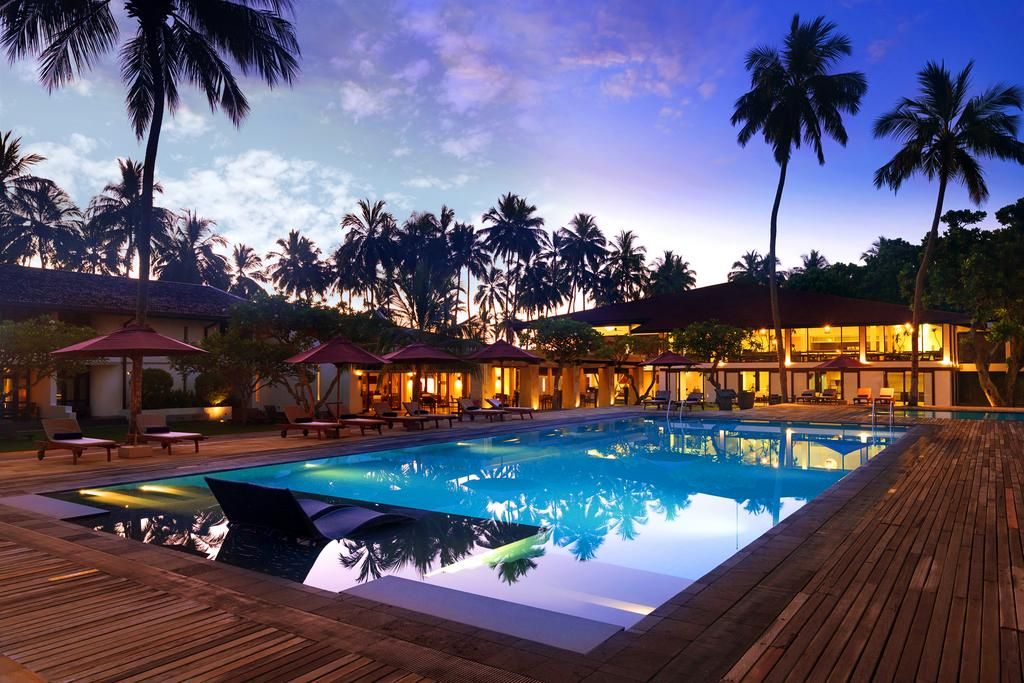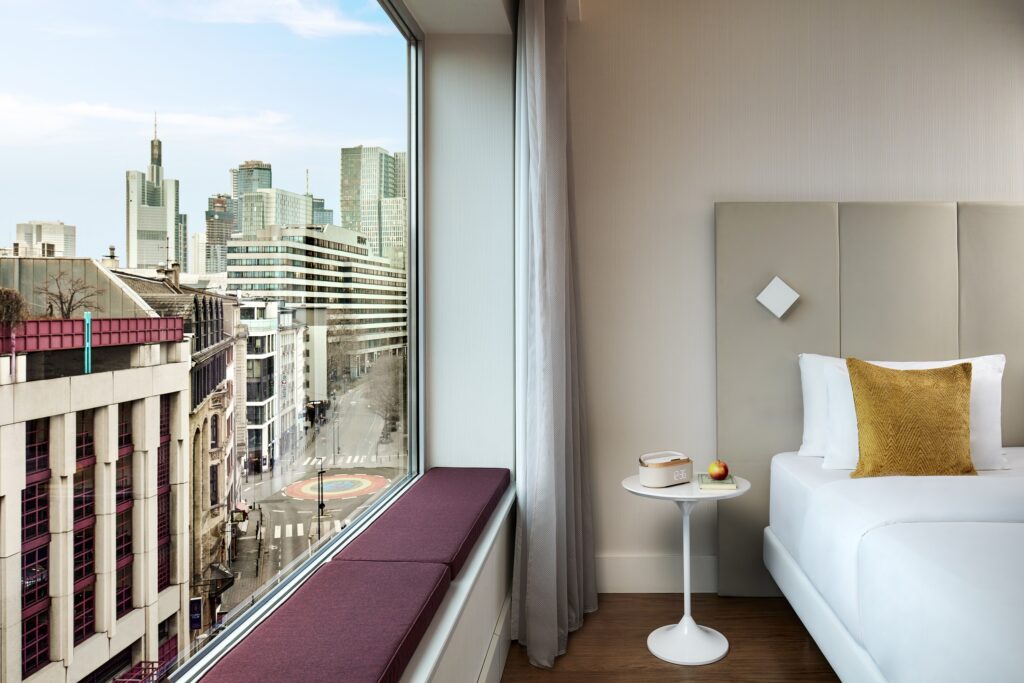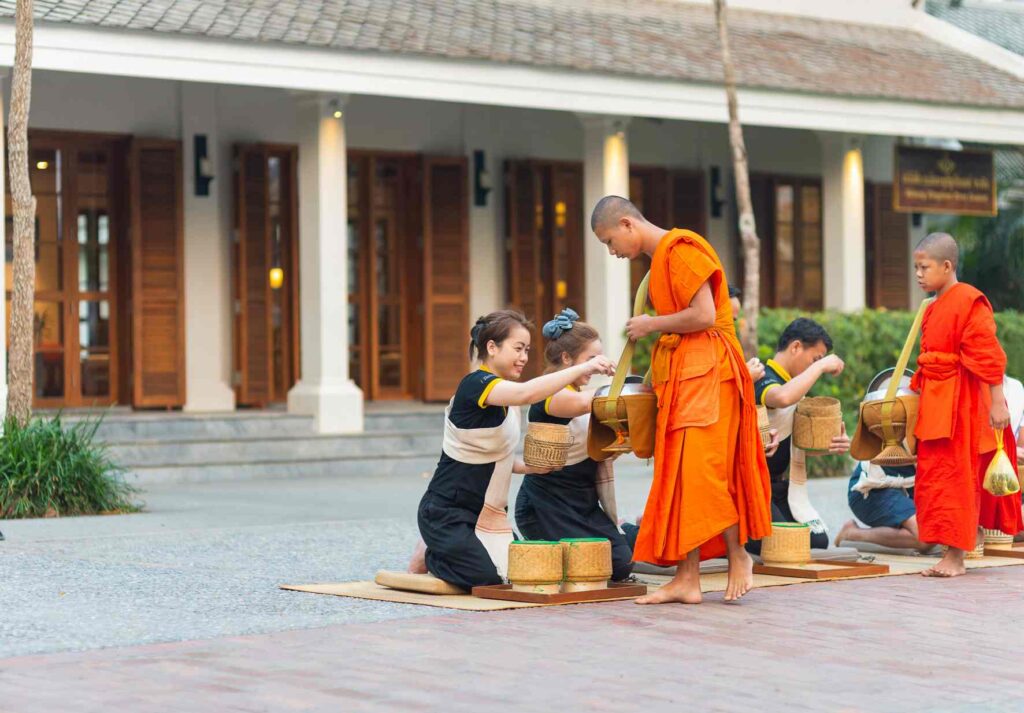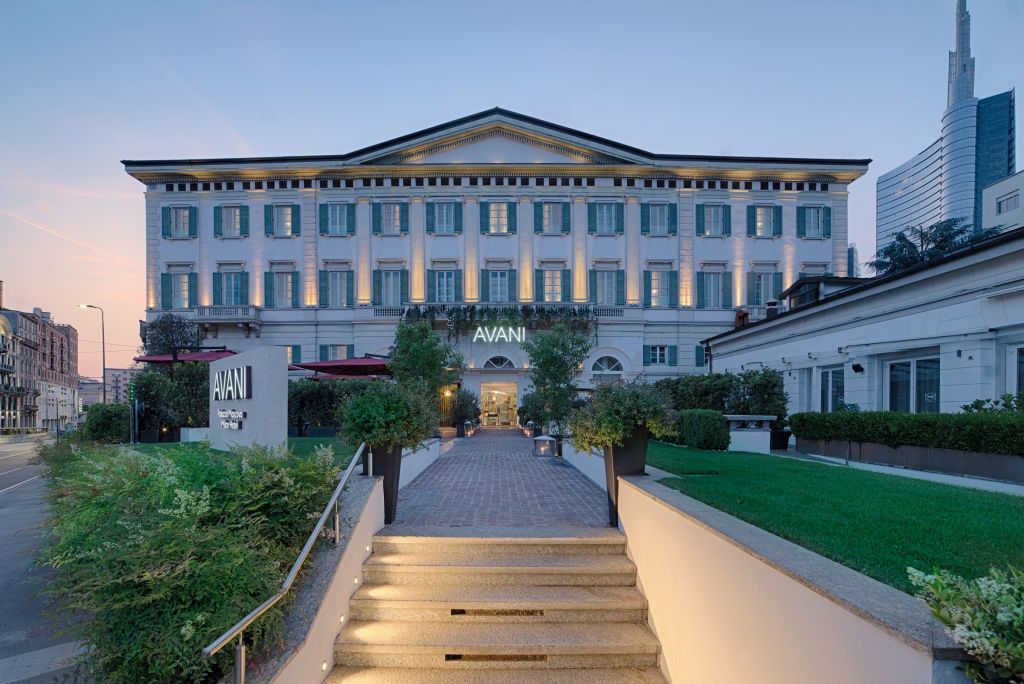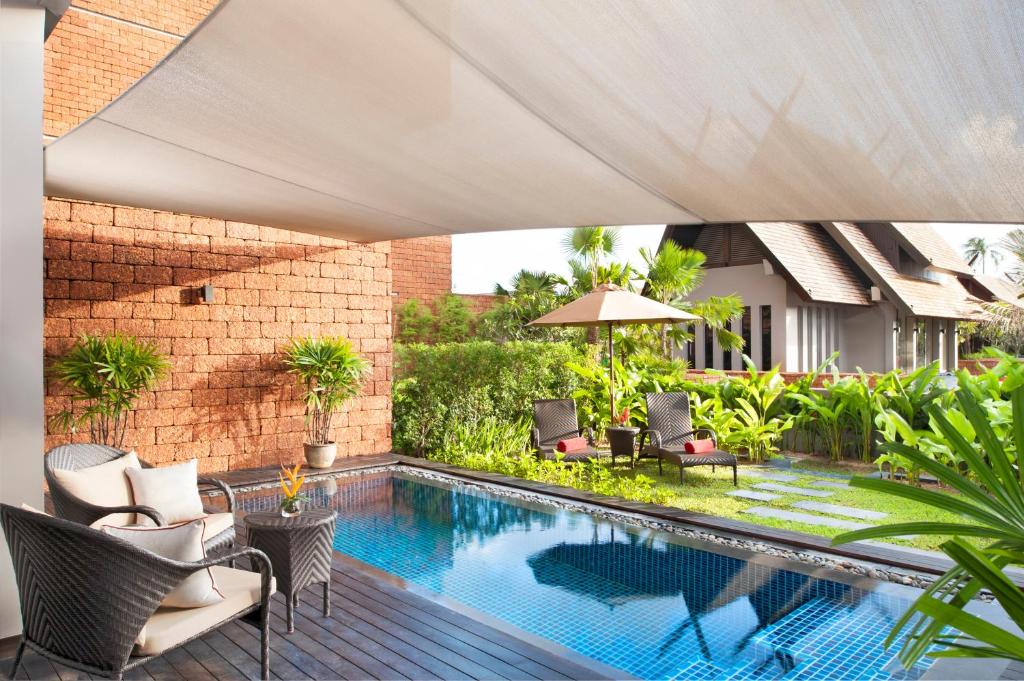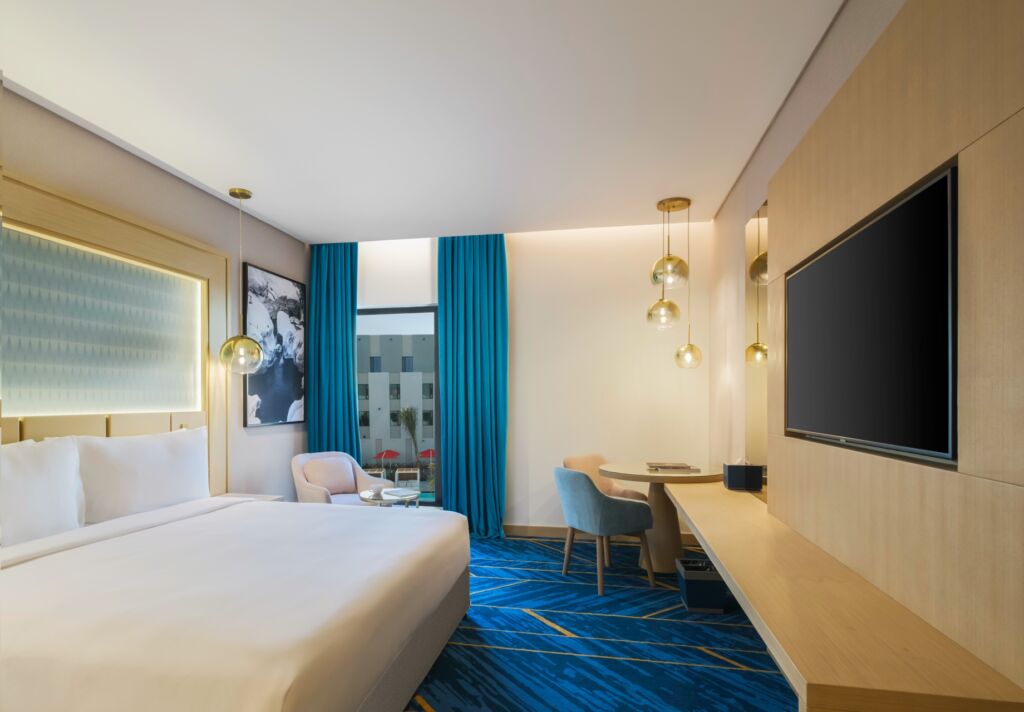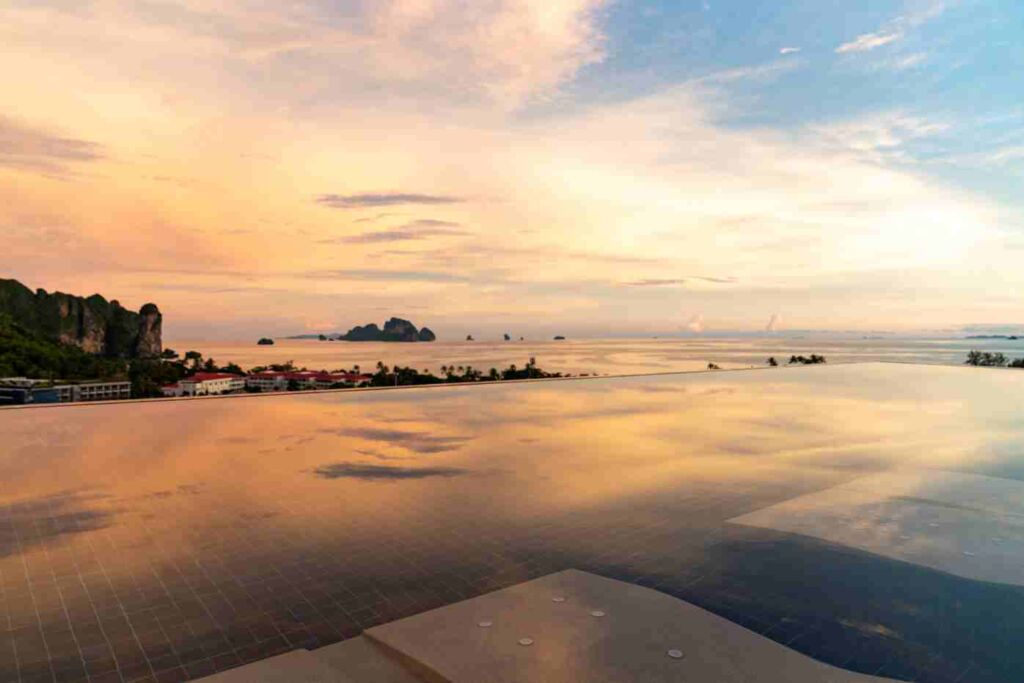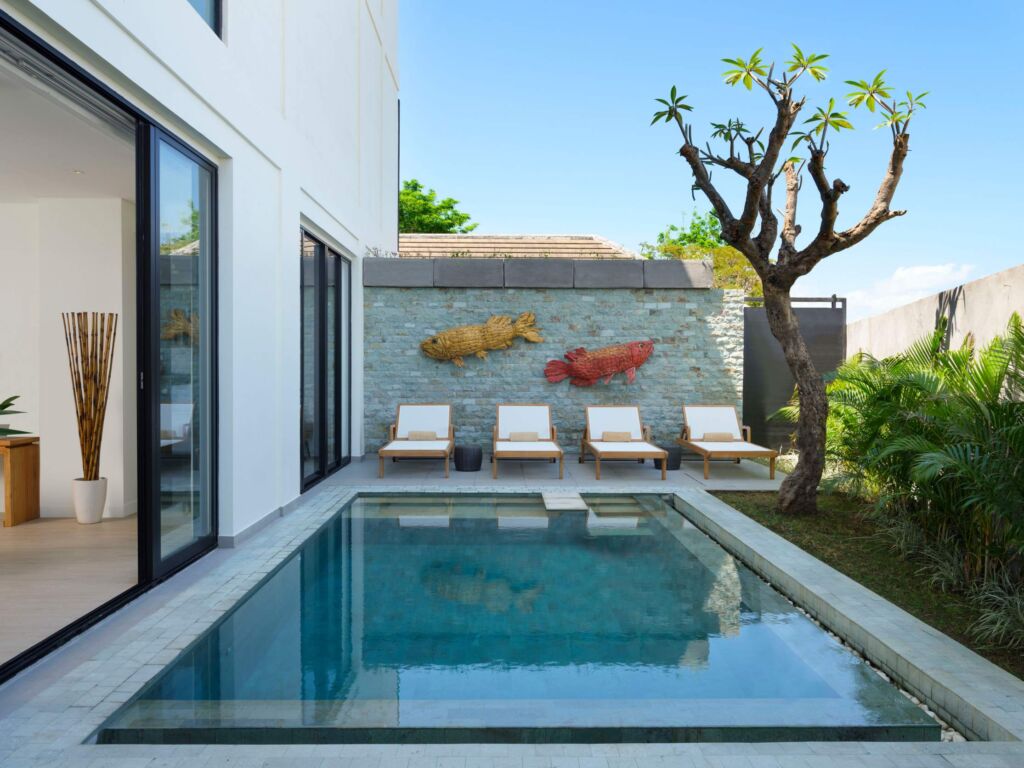Signature Avani properties in Thailand, Cambodia and Laos have rolled out delicious dining options with a sustainability focus. Rooted in local tradition, the new culinary offerings have been designed with guests’ wellness needs in mind, in addition to showcasing a range of community engagement initiatives.
Adopting Happy Feet at Avani Pattaya Resort
Avani Pattaya Resort has pioneered the first hydroponic farm in the famous coastal town of Thailand, which supplies 40% of Avani Pattaya’s daily supply of fresh ingredients with the remaining going to the Pattaya community. Today, the farm grows over 22,000 plants including a wide range of salads and greens such as red oak, green oak, cos, rocket, microgreens, Swiss chard and Chinese kale.
The resort’s hydroponic farm (www.avanihotels.com/en/pattaya/earthy-delights-at-avani-pattaya) has recently adopted chickens that roam free, supplying fresh eggs for breakfast every day. The team at Avani Pattaya have started efforts to phase out single-use plastic and have doubled down on sustainability initiatives by adding a compost site to reduce landfill waste and also replacing single-use plastic bottles with refillable sealed containers for bathroom amenities.
A tour of the farm gives guests an insight into sourcing farm-to-table organic produce that forms the basis of local cuisine. Aspiring chefs can then join a cooking class and whip up a delicious meal to enjoy with friends and family, or learn how to start their own hydroponic farm at home.
90% Local Farm-to-table at Avani+ Hua Hin Resort
Avani+ Hua Hin Hotel’s commitment to locally sourced produce now extends to 90% of the ingredients used in the resort’s restaurants (www.avanihotels.com/en/hua-hin/restaurants). The resort is working closely with Thai farmers and suppliers to source fresh, locally-grown ingredients aiming to support the economy and reduce carbon footprint.
In addition, Avani+ Hua Hin Resort has partnered with local businesses in Thailand who run ethical and fully sustainable operations: a free-range chicken farm supplying organic eggs in biodegradable packaging; artisanal product manufacturers who use no artificial colours or flavourings; and a boutique organic vegetable farm supplying fresh herbs.
Plant-based Goodness at Avani+ Samui Resort
Over at the idyllic island of Samui, Avani+ Samui Resort invites guests to the new wellness-centric KoKo plant-based café (www.avanihotels.com/samui/restaurants/ko-ko-plant-based-cafe). Designed to improve personal wellness, KoKo offers a sustainable dining experience by reducing animal product consumption.
KoKo chefs use only plant-based ingredients, many from the property’s garden and a nearby coconut plantation, resulting in locally sourced dishes such as its cocoa bowl and beetroot sandwich. From healthy lunch bowls and mix-your-own salads to plant-based protein burgers and gluten-free and vegan cakes, KoKo provides the ultimate feel-good experience while maintaining a fully sustainable supply chain.
Zero-waste Cocktails at FCC Angkor by Avani
FCC Angkor’s Scribe Bar in Cambodia (www.avanihotels.com/en/angkor-siem-reap/restaurants/scribebar-and-grill) has introduced zero-waste cocktails where ingredients are reused, recycled and upcycled to minimise waste. For example, the Colonial Fare cocktail features locally sourced pineapple as the main ingredient. The fruit is juiced for the cocktail, while the pulp is dried to reappear later as a garnish or an ingredient in another cocktail.
All organic waste is converted into compost and then used as fertiliser for the hotel’s garden which grows plants for the restaurant and bar such as lemongrass, pandan and krasang teap (a key ingredient in beef Lok Lak, Cambodia’s national dish served at the property’s Mansion restaurant).
Rooftop Freshness at Avani+ Luang Prabang
Overlooking a Buddhist temple dating back to 1548, the brand new rooftop garden at Avani+ Luang Prabang Hotel in
Laos boasts some of the best views of the UNESCO heritage town. Growing on its 140 square metre rooftop is a selection of organic fruit and vegetables such as banana, papaya, cherry tomatoes and cabbage; herbs, including coriander and chilli.
The idea for the garden was inspired by Head Chef Waran’s childhood memories of his mother picking fresh vegetables for daily family meals. Guests are invited to learn how to plant and grow different types of produce, as well as mastering the basics of Laotian cuisine.


